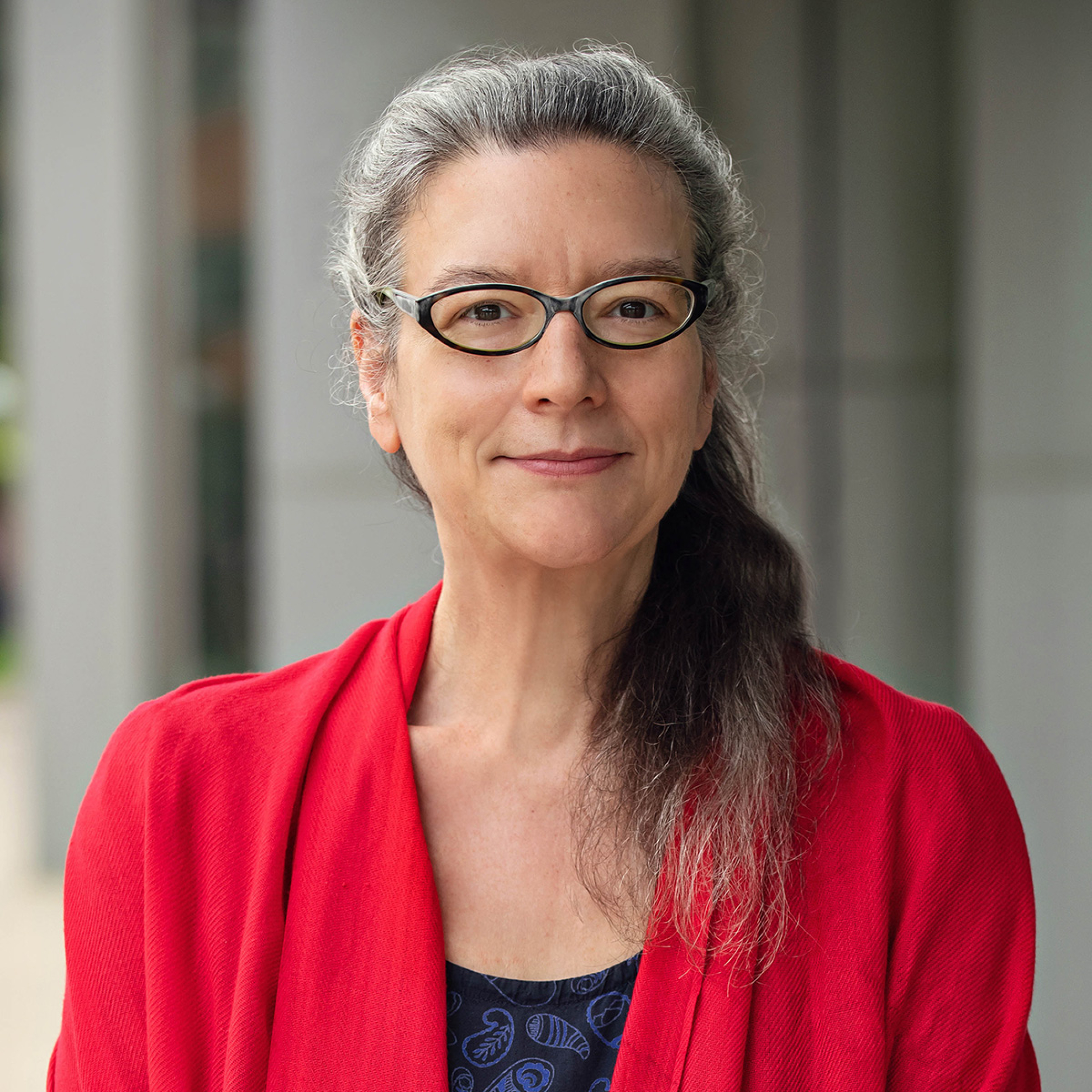[Live on Zoom] Eating Right and Left: Food and Political Alignment in the Yiddish Press

|
Yiddish Civilization Lecture Series
Admission: Free Registration is required. |
Eve Jochnowitz | Delivered in Yiddish.
An editorial published in Der Tog May 17, 1916 titled “Vegetarians have to be liberal too” spelled out the intense and contentious connection drawn by many Yiddish writers between Jewish eating and Jewish politics in the early years of the 20th century. All parties, those arguing for and against vegetarianism, claimed for themselves the moral high ground associated with liberalism, with greatness of soul and generosity of spirit, and attributed conservatism to the other side.
This lecture will use intriguing texts and images to examine what values Yiddish writers in Europe, the Americas, and Palestine considered “liberal,” and how they saw food practices including both embracing or rejecting vegetarianism, as advancing those values. The question of whether any kind of prescriptivism could be put to use for a progressive agenda was complicated (in the United States) by the arguments for and against prohibition. Editors of Yiddish papers differed as well on whether women’s emancipation was relevant to a radical agenda and what role cooking and eating might play in advancing women’s rights. Women wrote or contributed to all three known Yiddish vegetarian cookbooks in the first half of the 20th century, indicating that women were among the most energetic, productive advocates for vegetarianism. Yiddish journalists, nevertheless, saw women not as pioneers and agitators for vegetarianism, but as passive companions, active resistors, or simply indifferent, hapless victims in need of defense. This position was partly justified by the tone-deaf sexism of many vegetarian writers.
The discomfort with and nostalgia for Jewish religious practice and custom regarding vegetarianism as an admirable khumre or a dangerous heresy informed the discourse as well. The original Jewish Encyclopedia, completed in 1906, has a brief article on vegetarianism which is entirely positive (citing rabbinic sources uncomfortable with meat, mostly because it is an extravagance, and touching on modern Jewish vegetarian thinkers, but making no mention of any anti-vegetarian sentiment.
About the Speaker
Eve Jochnowitz, Yiddish instructor at the YIVO institute and the Workmen’s Circle, is an institute fellow at the Frankel Center for Advanced Judaic Studies at the University of Michigan. Jochnowitz has been teaching Yiddish language, culture, and literature, as well as Yiddish foodways and dance, for 25 years. She worked for several years as a cook and baker in New York and received her Ph.D. from the department of Performance Studies at New York University. She has lectured both in the United States and abroad on food in Jewish tradition, religion, and ritual, as well as on food in Yiddish performance and popular culture. The Vilna Vegetarian Cookbook (Fania Lewando’s Vegetarish-dietisher kokhbukh) translated, annotated, and adapted for the modern kitchen, was published in 2015.




